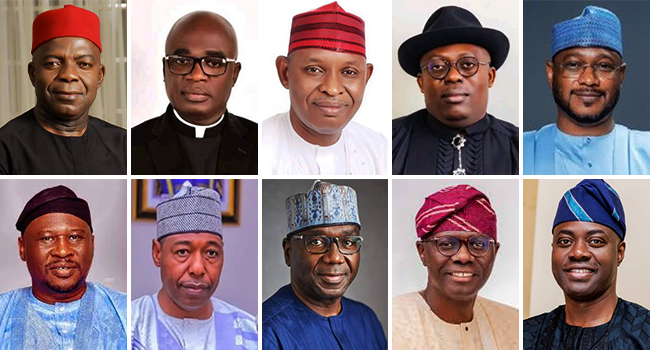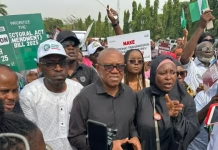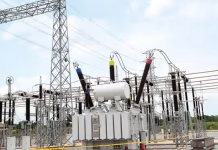Despite collectively spending at least N21.04 billion on foreign trips over the last three years, 14 Nigerian states have failed to attract any foreign investments. These states, including Bauchi, Bayelsa, Benue, Borno, Cross River, Ebonyi, Edo, Gombe, Imo, Jigawa, Nasarawa, Taraba, Yobe, and Zamfara, spent the funds between 2021 and the third quarter of 2023 without attracting any portion of the $14.85 billion in foreign investments directed into Nigeria.
During this period, Bauchi spent N3.81 billion on foreign trips, Bayelsa spent N1.99 billion, Benue spent N1.33 billion, Borno spent N1.73 billion, Cross River spent N663.16 million, Ebonyi spent N1.01 billion, Edo spent N1.77 billion, Gombe spent N32.09 million, Imo spent N541.23 million, Jigawa spent N1.10 billion, Nasarawa spent N541.26 million, Taraba spent N2.52 billion, Yobe spent N1.24 billion, and Zamfara spent N2.77 billion.
Data was extracted from state budget performance reports, primarily sourced from Open Nigerian States. Many states lacked comprehensive budget performance reports, with some only covering two quarters in specific instances.
The absence of foreign investments aligns with a broader decline in investments into the country due to issues such as insecurity. The World Bank noted, “Net FDI inflows are negative, reflecting net withdrawals of equity by foreign investors. FDI and FPI flows into Nigeria do not compare favorably with similar economies of the world, reflecting difficulties with FX availability, security concerns, and other structural challenges in recent years.”
Several states mentioned in the report, such as Zamfara, Jigawa, and Nasarawa, have faced challenges related to banditry. Insecurity has significantly impacted economic activities, with farmers abandoning farmlands and potential investors expressing concerns about safety.
Officials from these states have acknowledged that insecurity is a significant deterrent to attracting investments. In 2022, the Managing Director of Zamfara State Investment Cooperation, Dr. Anas Hamisu Lawal, highlighted that insecurity was a major obstacle to attracting investments, stating, “They are willing to invest whenever the security situation improves.”
Other states, such as Edo and Benue, have also emphasized the impact of insecurity on their ability to attract investors. The lack of foreign investments in these states reflects a broader trend where investors prioritize stability and predictability in their investments, particularly in regions without ongoing crises.












